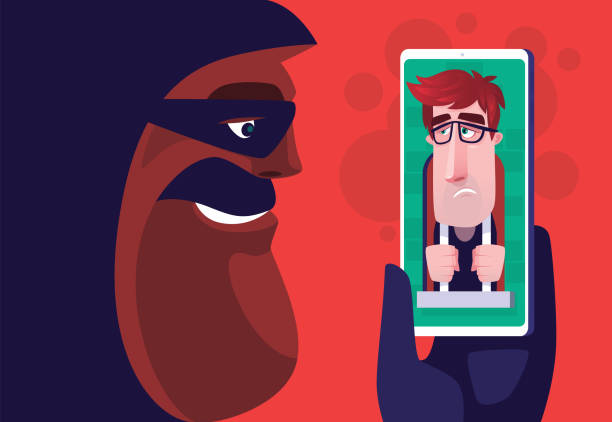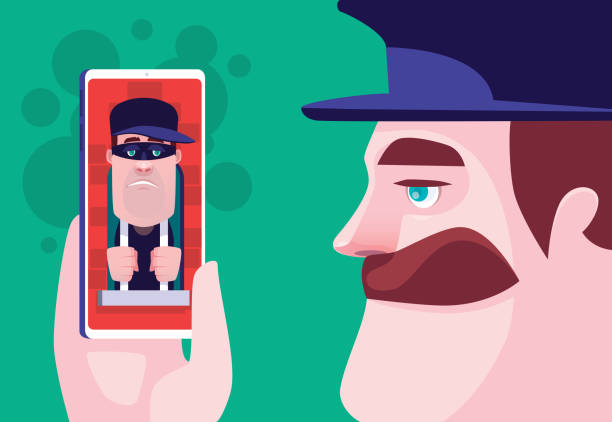Don't Get Arrested Online: Spotting and Avoiding Digital Arrest Scams
Protect Yourself from Fake Law Enforcement Calls

The phrase "digital arrest" has no legal recognition. It probably alludes to a particular kind of cybercrime scam in which con artists pose as law enforcement officers in order to demand money or private information from victims.
These frauds frequently include:
Fake phone calls: Con artists may pretend to be FBI agents, police officers, or other law enforcement personnel and say the victim has committed a crime and is about to be arrested.
Threats and intimidation:To coerce victims into complying, they may threaten arrest, penalties, or even incarceration.
Requests for money or personal information:They might seek for personal information like social security numbers or bank account data, or they might demand payment for alleged fines, bail, or legal fees.
Important Note: No law enforcement agency will ever call someone and demand money or request personal information without permission. It's important to do the following if you get such a call:
Remain composed and avoid panicking.
Confirm the identity of the caller. If at all possible, get in touch with the law enforcement organization the caller claims to be from on your own to confirm the call's legality and the caller's identity.
Avoid making any payments or divulging any personal information. Notify the authorities of the incident. To report the scam, get in touch with the Federal Trade Commission (FTC) or your local law enforcement department.
It's critical to get assistance from law enforcement or a financial advisor right away if you or someone you know has been the victim of a digital arrest scam.












































































































































































































